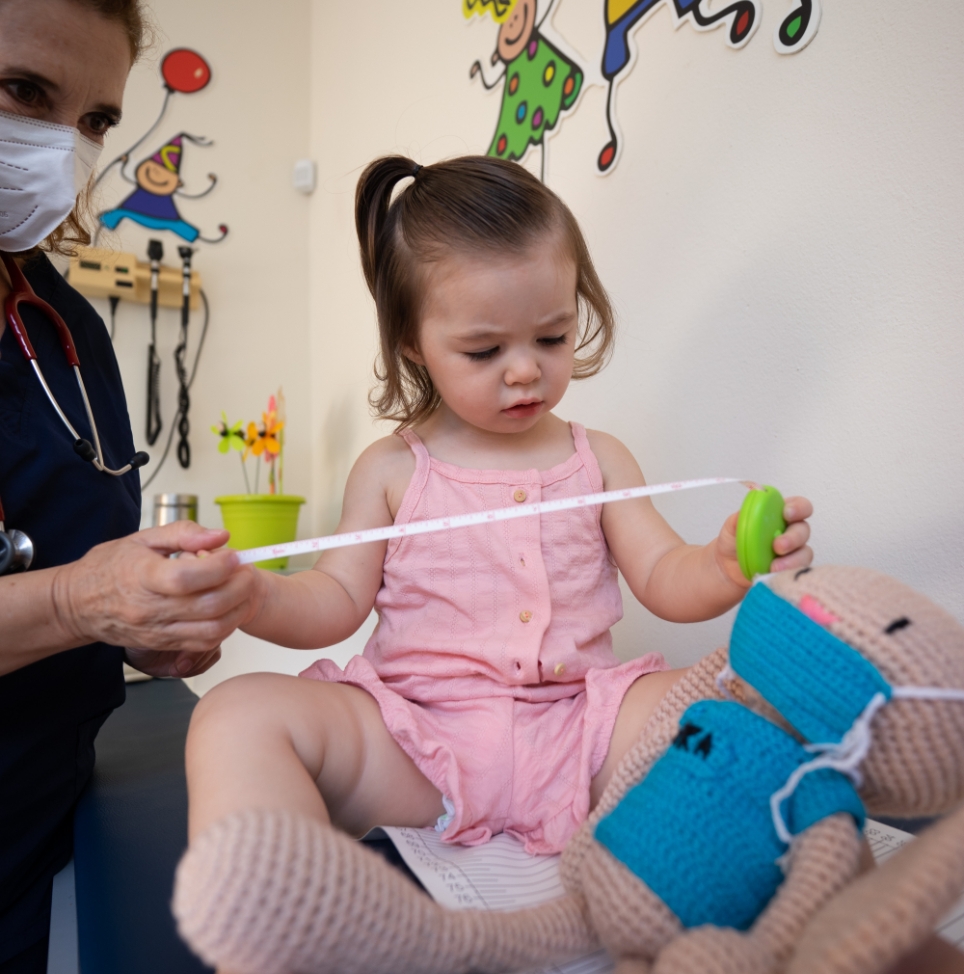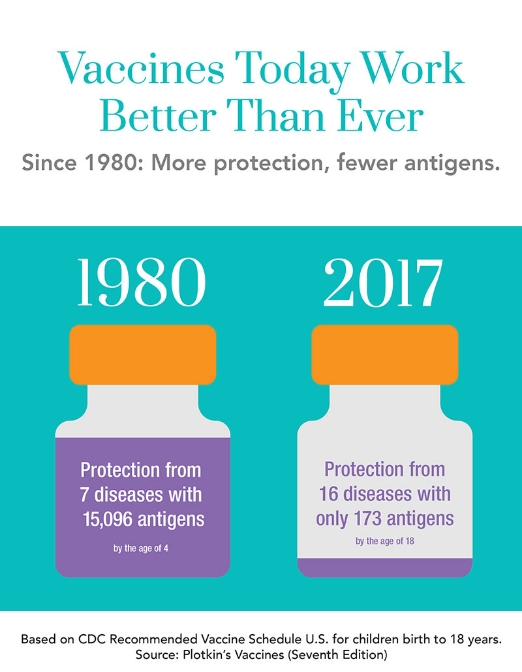- About Vaccines
- Answering Your Questions
Search by Category
- Resources

Resources
Here are some of the tools and information we recommend using based on real medical science and research.
- News
- Contact
VACCINE SAFETY
Vaccines go through lengthy and intense safety testing prior to being approved.
By the time a vaccine is offered to the public, it has been studied for at least 15 to 20 years in tens of thousands of study participants, by thousands of scientists, statisticians and health care providers.
Consensus exists. Hundreds of medical studies completed over many decades by credible and respected doctors and scientists across the world have found that vaccines are safe for the overwhelming majority of children and adults. Currently, the United States has the safest, most effective vaccine supplyin its history. Clinical trials are conducted to evaluate the safety and effectiveness of a vaccine before it can be brought to market. Vaccines are first tested in laboratory studies and animal studies. If the results indicate the vaccine is safe, additional testing in people must be done before the vaccine can be approved by the Food and Drug Administration.
Currently, the United States has the safest, most effective vaccine supply in its history.

It is very safe for your child to receive combination vaccines or several different vaccines during one visit.
Vaccines will not overwhelm your child’s immune system. It all comes down to something called antigens. Vaccines contain ingredients called antigens, which tell the body’s immune system to create those antibodies. Every day, a healthy child’s immune system naturally and successfully fights off thousands of antigens—the parts of germs that cause thebody’s immune system to go to work.The antigens in vaccines come from the germs themselves, but the germs are weakened or killed so they cannot cause serious illness.
Vaccines contain only a tiny fraction of the antigens that babies encounter every day in their environment, even if they receive several vaccines on one day.
Kids are exposed to 2,000 to 6,000 antigens every day.
A strep throat infection, for example, exposes children to at least 25 to 50 antigens. That’s comparable to the antigens in the vaccines that infants get at their two-month visit: the DTaP, IPV, HepB, Hib, and rotavirus vaccines combine to just 54 antigens.

Almost every parent experiences feelings of discomfort, and even sadness, when they think of their child being in pain. We understand!
No one likes to see their child cry or “get a shot.” Please know, however, it is safe to receive several different vaccines during one visit. And even though children receive more vaccines to protect against more diseases now compared to 30 years ago, the actual number of antigens in vaccines is dramaticallyless than decades ago because vaccine technology has improved, making vaccines more efficient.
The actual number of antigens in vaccines is dramatically less than decades ago because vaccine technology has improved, making vaccines more efficient.

DID YOU KNOW?
In 1980, the recommended vaccines contained more than 15,096 antigens.Today’s vaccines contain less than .01% of that, or only 173 antigens, in the 12 vaccines that protect children and teens against 16 vaccine-preventable diseases.
Studies also show that combination vaccines (which combine multiple vaccines into a single vaccine) pose no greater risk for side effects than vaccines given individually. These vaccines also are as effective in the combined form as they are when given separately.
There are lots of benefits to combination vaccines: fewer pokes, fewer office visits, less money for office visits and copays and less chance of your child being exposed to other germs in office waiting rooms.
Source: Plotkin’s VACCINES, 7th Edition
Like any medicine, vaccines can cause side effects, but serious side effects are rare.
Side effects can occur with any medicine, including vaccines.
Slight discomfort (such as pain where the shot was given) is normal and should not be a cause for alarm. Scientific data show that even multiple vaccines given in one visit results in very few side effects.Thanks to the VAERS, we know that most side effects following vaccinations are categorized as non-serious. Ask your child’s health care provider about both the benefits and risks of vaccination and discuss any questions or concerns you have.
See the Centers for Disease Control and Prevention fact sheet on VAERS.

Scientists continually monitor vaccines for safety.
Vaccine safety is a shared responsibility among the federal government, state and local health departments, health care providers, scientific experts, and the public.
To help meet this shared responsibility, several coordinated systems have been established to monitor the safety of vaccines after they have been approved for public use. These systems, such as the Vaccine Adverse Event Reporting System (VAERS)and the Vaccine Safety Datalink Project, are used together to help scientists monitor the safety of vaccines. The authorized COVID-19 vaccines will be utilizing these systems and also a new program known as V-Safe which uses smartphone technology to monitor and receive reports about adverse side effects.
Sources:
CDC: Vaccine Safety: What You Should Know
CDC: Vaccine Safety Research
CDC: Ensuring the Safety of Vaccines in the United States
Children’s Hospital of Philadelphia: Vaccine Development
Children’s Hospital of Philadelphia: Vaccine Licensure, Recommendations and Requirements
Verywell: Antigen Counts in Vaccines